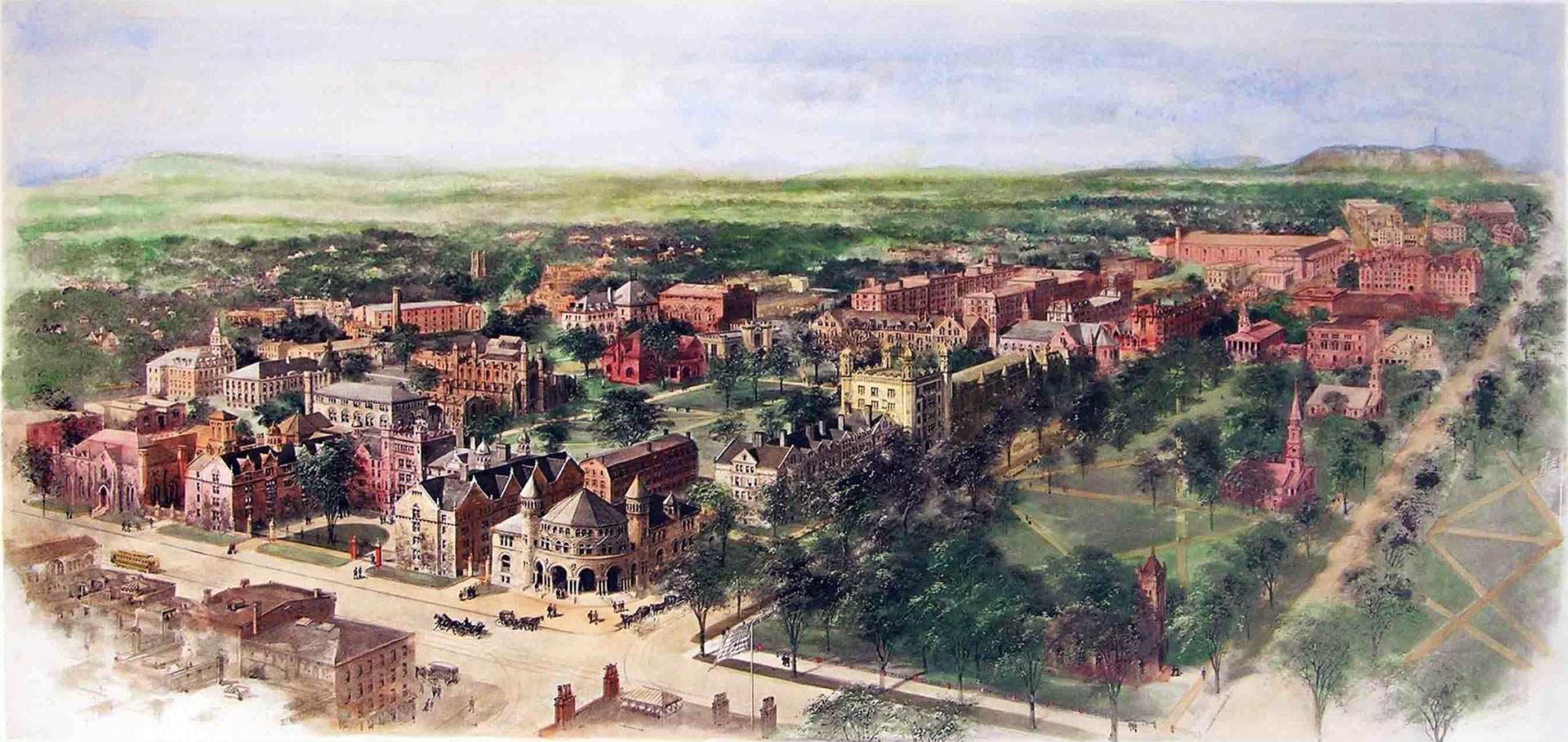
Between Athens and Pumpeditha?
Philosophy intends the universal, the ideal, the abstract; Talmud is rooted in the real, in the concrete situation of a people in history. And yet the academy is witnessing a burgeoning interest in the possibilities for fruitful conversation between the two – what philosophy might have to say to Talmud, what Talmud might have to say to philosophy, and what Talmud and philosophy might have to say together. This conference aims to explore, further, and deepen this discourse, as well as to subject its premises to critical methodological scrutiny, clarifying analysis, and, potentially, constructive refinement. Our premonition is that new worlds of interdisciplinary inquiry await formulation; our objective is to secure for that enterprise a solid scholarly foundation and clarity of purpose going forward.
In the modern period, the Jewish philosophical tradition has challenged us to think critically about whether and how Talmud—both as a particular text, and as a broader practice of reading—could contribute to philosophical reflection. For example, Emmanuel Levinas argued that the Talmud’s peculiar foreignness would allow Western readers to reconsider crucial questions in ethics and political philosophy from a new and disorienting perspective. For Joseph B. Soloveitchik, philosophy served as a tool for reconstructing, developing, and clarifying the Talmud’s most important legal, theological, and moral insights. For Abraham Joshua Heschel and Franz Rosenzweig, rabbinic texts offered a novel hermeneutic that could be used to bolster modern, but still deeply Jewish, theological positions.
Each in their own way, these thinkers challenged Jewish thought to find its footing on talmudic foundations, pressing the claim that talmudic grounding is the most secure road to serious Jewish thought. We aim to see this premise constructively interrogated: Is rabbinic grounding indeed essential to successful Jewish thought, and, if so, on what grounds? If not essential, is it in some ways uniquely helpful (or the reverse), and, if so, in precisely what ways? Put positively, what methods should we employ, and what questions should we ask, to best advance this project, if it is to be advanced? Of course, the best proof may be in the pudding, and so we aim to take up and evaluate actual, ongoing efforts along these lines.
Since these modern models for integrating Talmud and philosophy were constructed, there has been significant growth and change in the academic study of the Talmud itself. The field of Talmud has its roots in text-critical methods of philology, and has branched out into broader questions of historical and theoretical interest. Despite a handful of early forays in this area, philosophy has yet to leave its mark on the critical academic study of the Talmud. If the Talmud contains philosophical materials – philosophical by content, form, and pedigree (a claim that can be debated), philosophical scrutiny promises for the talmudist gains in conceptual clarity, critical attunement to nuance, and renewed avenues for development and articulation. Questions of normative ethics, metaphysics, legal theory, and epistemology are regularly implicated in talmudic discussions, and so efforts at utilizing philosophical tools and comparands are natural leaven for effective scholarship.
The study of Talmud, immersion in its distinctive modes and methods, represents a promising arena for deepening philosophical reflection.
We invite papers for a day-long conference, to be held on April 30, 2017 at Yale University, that both explore and evaluate the potential for conversation between Talmud and philosophy. We welcome proposals engaging rabbinic literature more broadly; proposals addressing the concerns outlined above in relation to other religious traditions may be considered as well. Limited financial assistance is available for travel and hotel costs. Open to graduate students in all fields.
Please email abstracts of no longer than 300 words, as well as a CV, to yalegradconference@gmail.com by January 15, 2017.
Respectfully,
Alex Ozar, Sarah Zager, and Shlomo Zuckier
